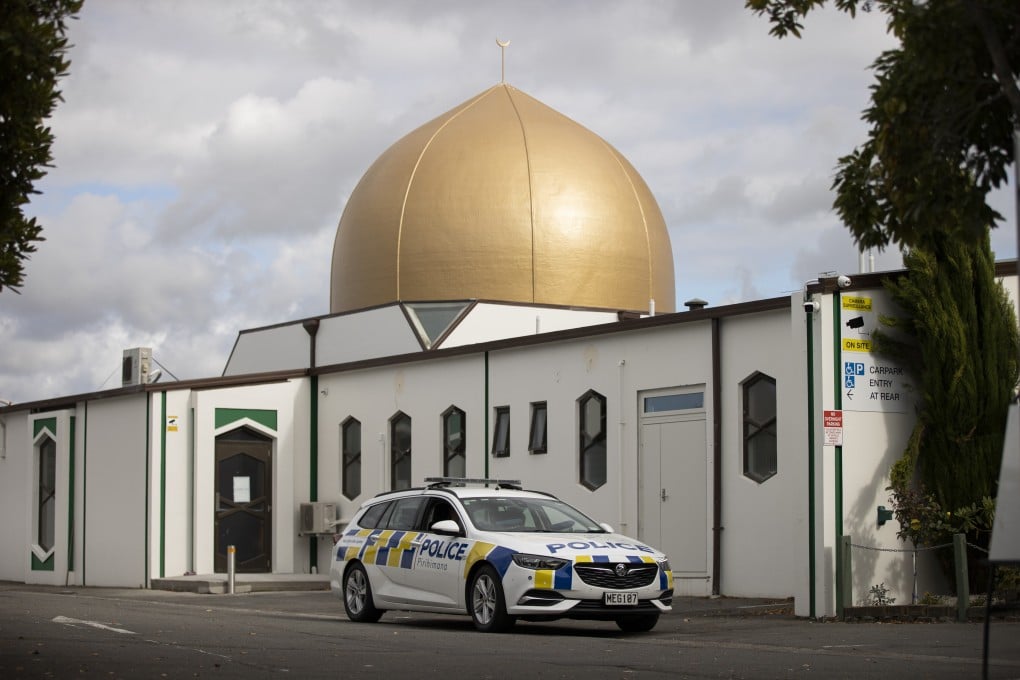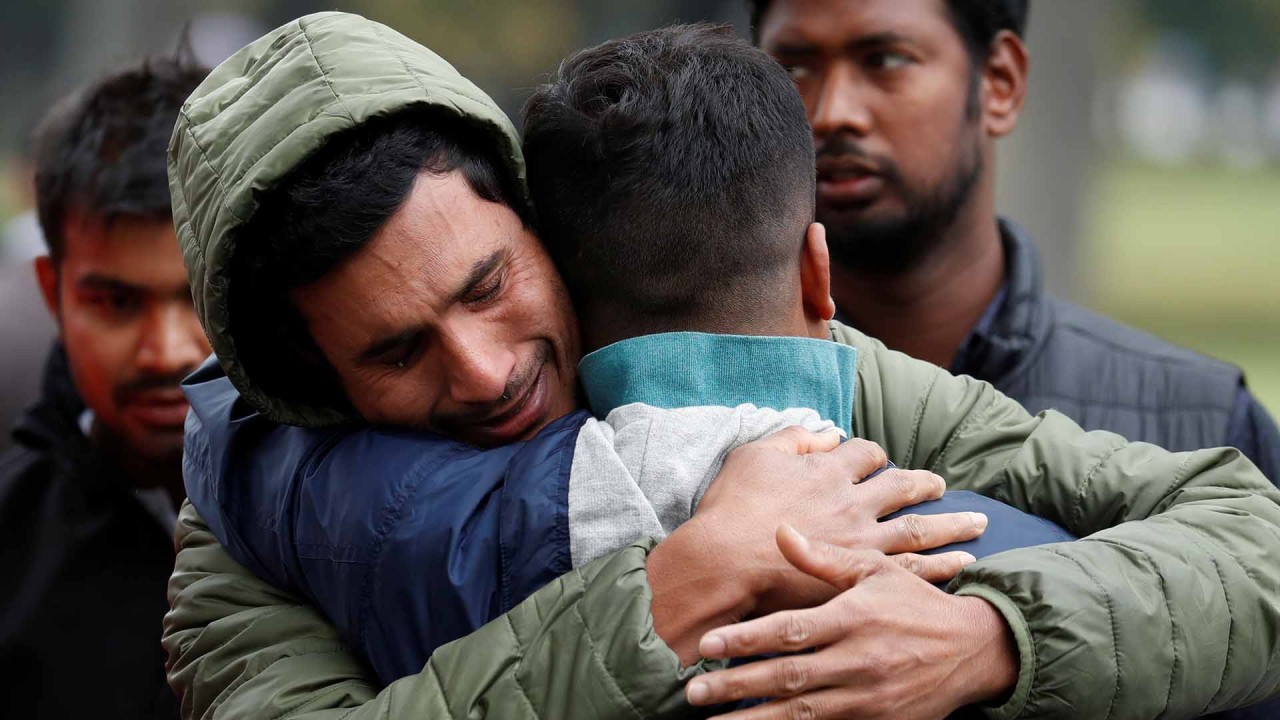Opinion | Graffiti, arson, death threats: in Australia, violence against mosques is widespread
- After the 2019 attack in Christchurch, New Zealand, researchers surveyed mosques in Australia to gauge the extent of anti-Muslim attacks
- Their work suggests attacks on Australia mosques are neither new nor rare. But only the most egregious cases come to public attention

After the Christchurch attack, we surveyed mosques in Australia to gauge the extent of anti-Muslim attacks in the country. We cannot understand the Christchurch massacre without comprehending the Australian context that at least in part incubated it.
Our research finds the threat of similarly motivated acts of hatred remains widespread. During 2020, we surveyed 75 mosques from five states and two territories of Australia about their experiences of violence in the five years from 2014 to 2018, as well as detailed questions about 2019. About half of the responses were from imams or mosque officials, 15 per cent from volunteers and 35 per cent from other congregation members.

03:10
Families and friends grieve for Christchurch terror attack victims
Most concerning is that more than half (58.2 per cent) of participating mosques – or worshippers at them – had experienced targeted violence between 2014 and 2019. The threat of an attack increased in cases where there had been public attention. For example, 100 per cent of mosques that were reported in the media experienced higher rates of victimisation, as did 83 per cent of those that had experienced online opposition to their development.
The types of violence suffered by mosque attendees and the mosque buildings included arson, physical assault, graffiti, vandalism, verbal abuse and online abuse and hate mail, including death threats. There were notable geographical differences in these occurrences of violence. Despite being home to more mosques, Sydney saw fewer attacks, proportionally, (41 per cent of 51 mosques) between 2014 and 2018 than Melbourne (70 per cent of 17 mosques) and Brisbane (89 per cent of nine mosques). The proportion of attacks against mosques in Australian states and territories was 29 per cent in 2019, in the wake of the Christchurch massacre. Again, these were disproportionately distributed between the states, with a higher proportion of attacks directed at mosques in Brisbane and Melbourne.









